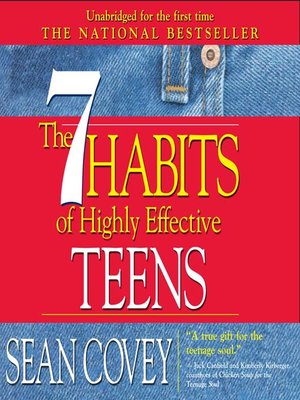
You could develop your sense of proactivity by tuning in to your daily frustrations.

On the contrary, reactive thinkers are controlled by the world. In simple words, proactive thinkers control the world around them. Proactive thinking leads to success since you are planning for the future. In other words, you make decisions based on your thinking. Proactive planners think about what to do before an event happens. People who practice proactive behavior often look at the entire situation to plan for unprecedented circumstances. On the other hand, proactive behavior or a proactive approach concerns anticipating problems or issues to generate positive results. In other cases, reactive behavior results when someone places the needs of others over their priorities. For example, if you lose a game, the sense of disappointment is reactive behavior. The reactions often result from actions that took place in the past. Reactive behavior refers to the quick response to feelings about an uncontrollable situation. This helps them to achieve long-term productivity and the best results in their daily lives. The most successful people think proactively initially, and then they think reactively. They are ways of looking introspectively and at the outside world for yourself. Instead, they are a whole life philosophy. Proactive and reactive thinking is more than just two ways of thinking.
#7 HABITS OF HIGHLY EFFECTIVE TEENS CHAPTER SUMMARY HOW TO#
How To Differentiate Proactivity From Reactivity? You can check it out and, if possible, share and save some.

It has some exciting ideas for kids, teens, and professionals to follow. This Pinterest board is about proactive seven habits. If one is proactive, one can take small steps, redefine the purpose of their existence in one role, and take steps for the greater good. We spent some time scouring the internet to find some nuggets related to this particular habit of highly effective people.Ĭircle of Influence is an interesting take by Franklin Covey in 7 habits be proactive about how proactive people influence the circle over which they have control. Habit one, being proactive, is the foundation of all the other habits in the book “7 habits of highly effective people”. To be proactive is to take responsibility for your life. “The best way to predict your future is to create it - Abraham Lincoln.” For long-term productivity, we suggest using the proactive approach. In contrast, reactive people emphasize their circle of concern which rotates around national debt, terrorism, or weather. He also discusses that proactive people concentrate on their circle of influence, which revolves around health, children, problems, and work.

He describes that proactive people invest their time and energy in resolving issues rather than reactive people who spend their time worrying and blaming others. When talking about Habit 1, Covey describes how a proactive approach helps to acknowledge a mistake quickly so that instant actions can be taken to resolve it instead of waiting for it to become a more serious issue.Ĭovey explains that people who exhibit these habits are proactive and tend to take action compared to reactive people who depend on their physical environment. On the contrary, an emotionally reactive person will blame everything on their condition. The behavior of proactive people is a function of their decisions.

They do not blame the conditions or circumstances for their behavior. In other words, proactive people recognize they are solely responsible for their actions. As humans, we are responsible for our own lives. Proactivity means more than just taking the initiative.


 0 kommentar(er)
0 kommentar(er)
